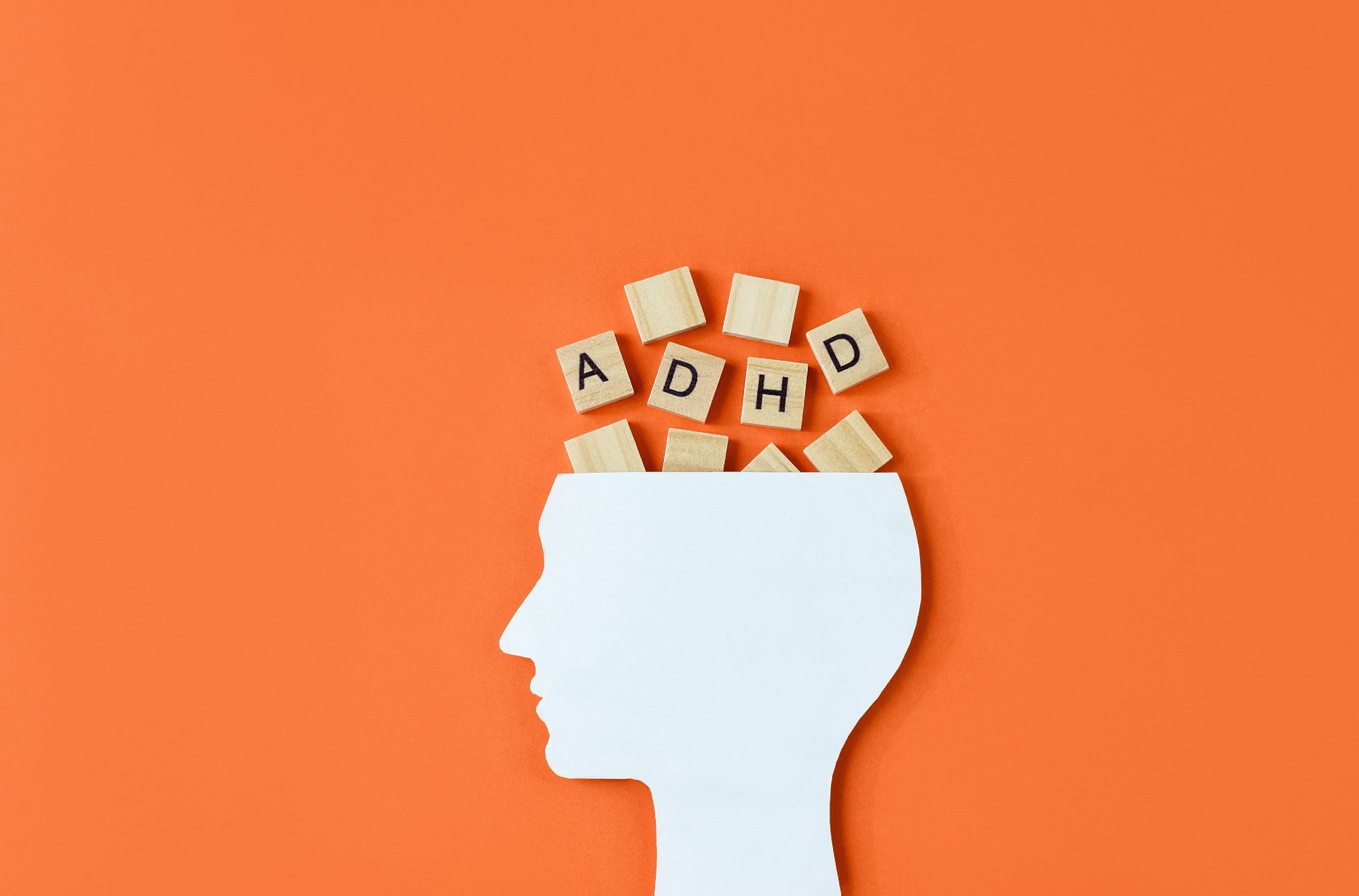New research shows a clear link between ADHD and irritable bowel syndrome, suggesting gut health could be a key factor in understanding and managing ADHD symptoms.
 Study: Association between attention-deficit/hyperactivity disorders and intestinal disorders: A systematic review and Meta-analysis. Image Credit: ClareM / Shutterstock
Study: Association between attention-deficit/hyperactivity disorders and intestinal disorders: A systematic review and Meta-analysis. Image Credit: ClareM / Shutterstock
In a recent review article published in the journal Scientific Reports, researchers systematically identified and analyzed existing research to explore the link between attention-deficit hyperactivity disorder (ADHD) and various intestinal disorders.
In addition to people with ADHD showing a slightly (but non-significantly) elevated risk of intestinal disorders, they also found evidence of a significant association between ADHD and irritable bowel syndrome (IBS). Notably, when one outlier study was excluded in the sensitivity analysis, the overall association between ADHD and intestinal disorders became statistically significant (OR 1.47).
Global burden of ADHD
ADHD is a common neurodevelopmental disorder characterized by inattention, hyperactivity, and impulsivity, typically beginning in childhood and often continuing into adulthood. It affects up to 14% of children and nearly 7% of adults worldwide, posing significant social and economic burdens.
Beyond its well-known psychiatric comorbidities, such as depression, anxiety, autism spectrum disorder, and learning disorders, ADHD has also been associated with medical issues like obesity, asthma, and sleep disorders.
ADHD and intestinal conditions
Recently, there has been growing interest in understanding how ADHD may be linked to gastrointestinal (GI) disorders, particularly through the gut-brain axis, a complex communication network between the gut microbiota and the brain.
A well-known GI disorder is IBS, a multifactorial condition often involving gut microbiome imbalances, food sensitivities, or inflammation, all of which may also be relevant in ADHD. While the exact cause of IBS has not been ascertained, it can be triggered by stress, certain foods, and hormonal changes, resulting in bloating, abdominal pain, constipation, gas, and diarrhea.
Possible role of the microbiome
An imbalanced gut microbiome (dysbiosis) has been implicated in neuropsychiatric and GI disorders. Children with ADHD often report more GI symptoms, such as constipation and flatulence, than those without ADHD, further supporting this link.
However, despite individual studies suggesting a possible relationship between ADHD and intestinal conditions, a comprehensive understanding remains limited.
This meta-analysis aimed to synthesize global data and assess whether individuals with ADHD have a higher risk of developing various intestinal disorders, such as IBS, inflammatory bowel disease, and celiac disease, while also considering regional differences in these associations.
Key Findings
The meta-analysis included 11 studies (10 rated as good quality) examining the link between ADHD and various intestinal disorders. Overall, ADHD was not significantly associated with all types of intestinal disorders combined, with high variability across studies.
However, a significant positive association was found specifically between ADHD and IBS, suggesting that individuals with ADHD are more likely to experience IBS. No clear associations were found between ADHD and other gastrointestinal conditions such as Crohn’s disease, ulcerative colitis, celiac disease, or constipation.
Subgroup analysis hinted at regional differences. Studies from the Eastern Mediterranean Region showed higher odds than those from Europe or the Americas, though this difference was just shy of statistical significance.
Conclusions and unanswered questions
This study is the first to offer a global pooled estimate of ADHD’s link with intestinal disorders. While previous research yielded mixed findings, this analysis strengthens the case for a specific connection between ADHD and IBS.
There is growing evidence that the gut microbiome plays a central role in both ADHD and IBS. Specific bacterial alterations (e.g., higher Dialister/Megamonas, lower Anaerotaenia/Gracilibacter) have been linked to ADHD symptoms, and microbiota-targeted treatments (e.g., probiotics) may help alleviate inflammation and improve symptoms. These findings suggest the need to explore microbiome-based therapies in ADHD management further.
Similar microbial imbalances are seen in other gut disorders such as inflammatory bowel disease and celiac disease. Though this study did not find strong links between ADHD and these conditions, the shared underlying mechanisms involving gut inflammation and microbial shifts remain of interest for future research.
The study highlights the possible role of the gut-brain axis, a communication pathway linking gut microbes to the brain, in explaining this relationship. Research shows that people with ADHD often have altered gut microbiomes, which could affect brain function and behavior through immune, metabolic, or neural pathways.
Clinicians should be aware that ADHD patients may experience gastrointestinal symptoms, especially IBS. Proper screening could improve diagnosis, management, and overall quality of life for these individuals. Interestingly, some ADHD treatments like methylphenidate can cause abdominal discomfort, complicating care.
Limitations of this study include geographic imbalances, as nearly half of the studies originated from Asia, which restricts the generalizability of the findings. The studies also varied widely in design, diagnostic criteria, methods, and the age of the studied populations. Small subgroup samples made subgroup analyses difficult to conduct. Studies were also predominantly retrospective, which may have introduced recall bias and incomplete data. Publication bias was assessed and found to be non-significant.
While ADHD was not strongly linked to all intestinal disorders, it was significantly associated with a higher risk of IBS. Changes may influence this connection in the gut microbiome. Future research should investigate the gut-brain link more closely, exploring how dysbiosis affects brain development and behavior in ADHD.
Large-scale, well-designed studies, especially focusing on gut microbial therapies, could offer new insights into improving outcomes for ADHD patients with gastrointestinal symptoms.
Journal reference:
- Association between attention-deficit/hyperactivity disorders and intestinal disorders: A systematic review and Meta-analysis. Ng, R.W.Y., Chen, Z., Yang, L., Wong, O.W.H., Leung, A.S.Y., Tsui, K.W., Kwok, N.M.W., Tang, L.H.Y., Cheung, P.M.H., Chan, P.K.S., Ip, M. Scientific Reports (2025). DOI: 10.1038/s41598-025-04303-x, https://www.nature.com/articles/s41598-025-04303-x